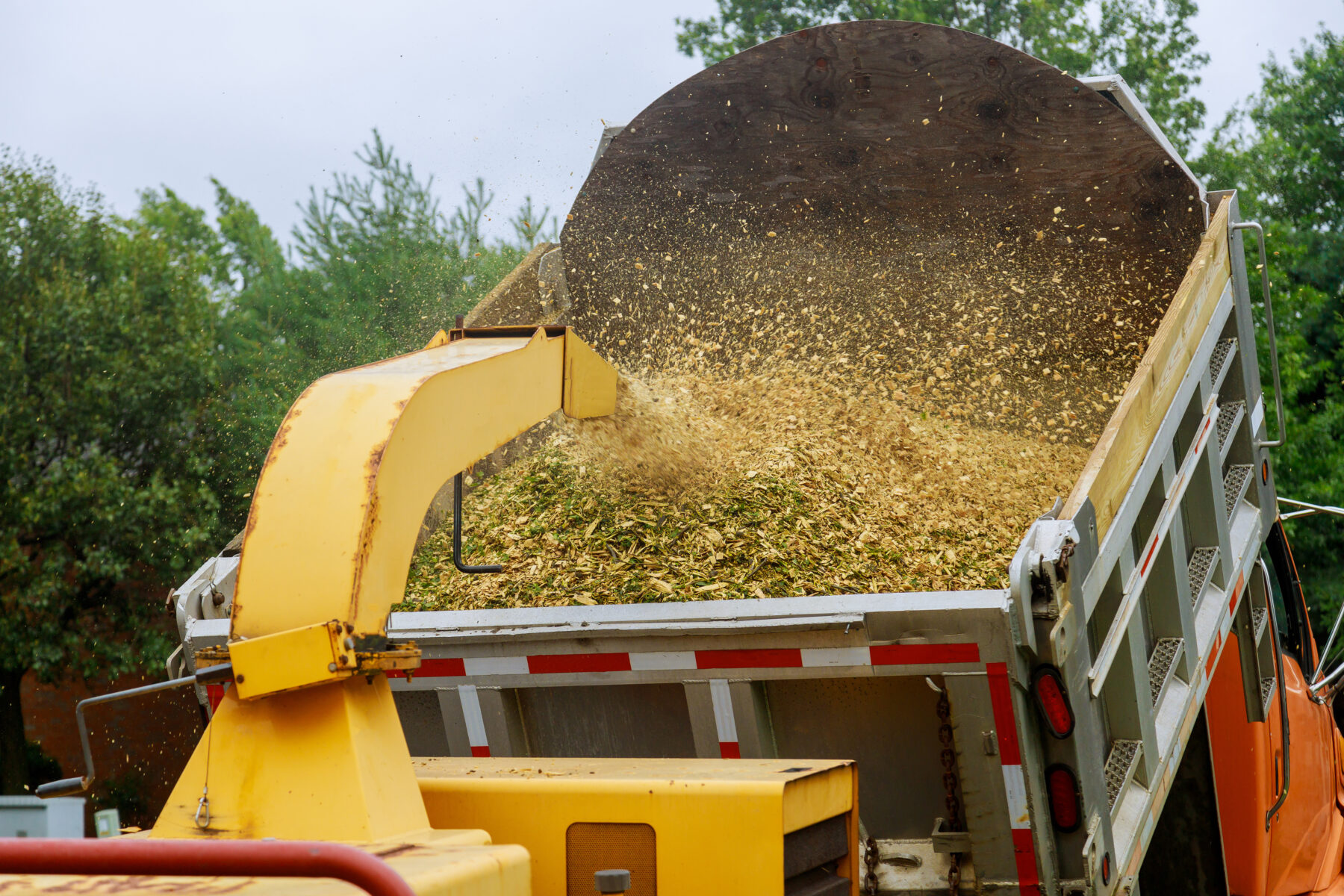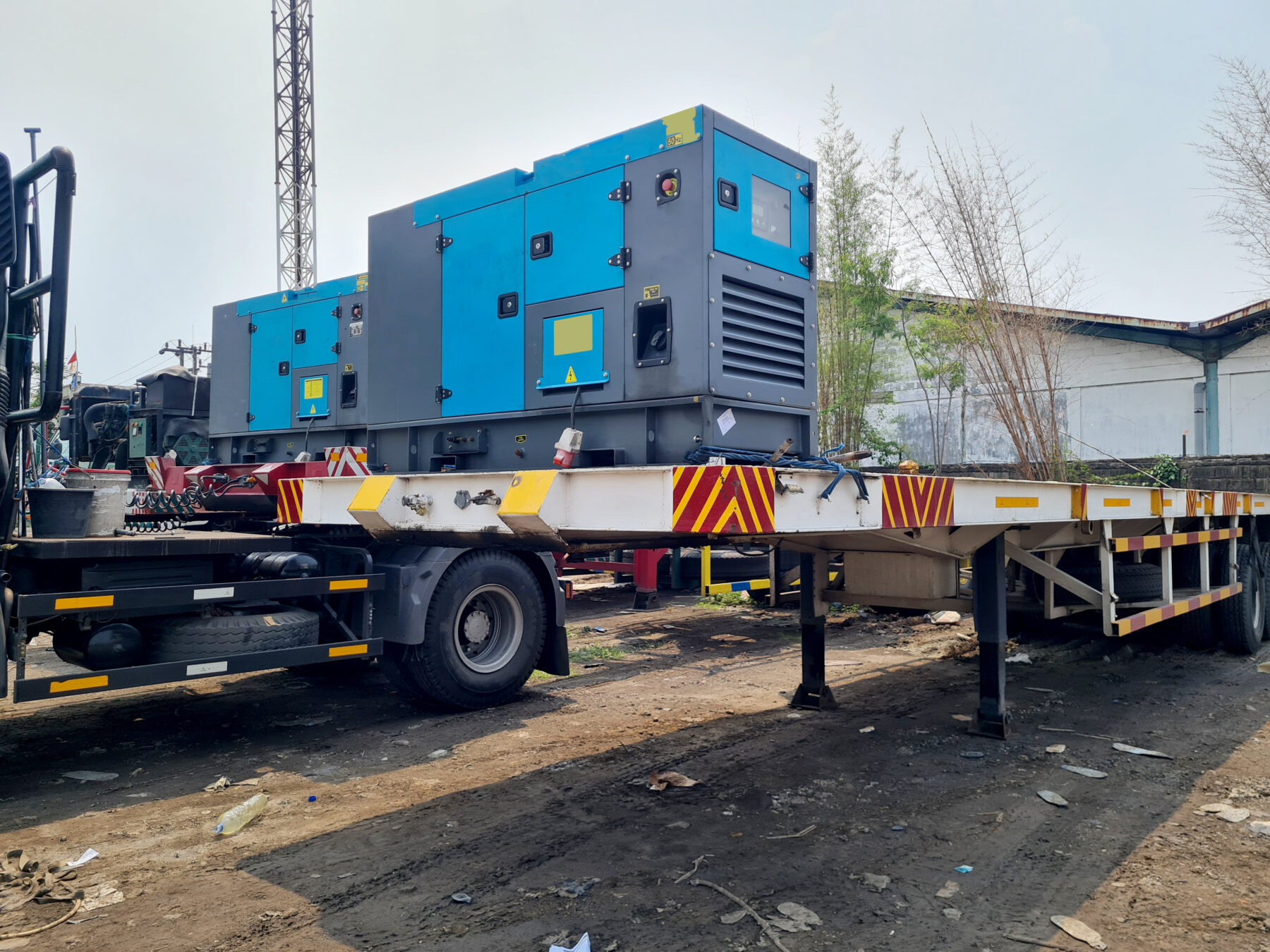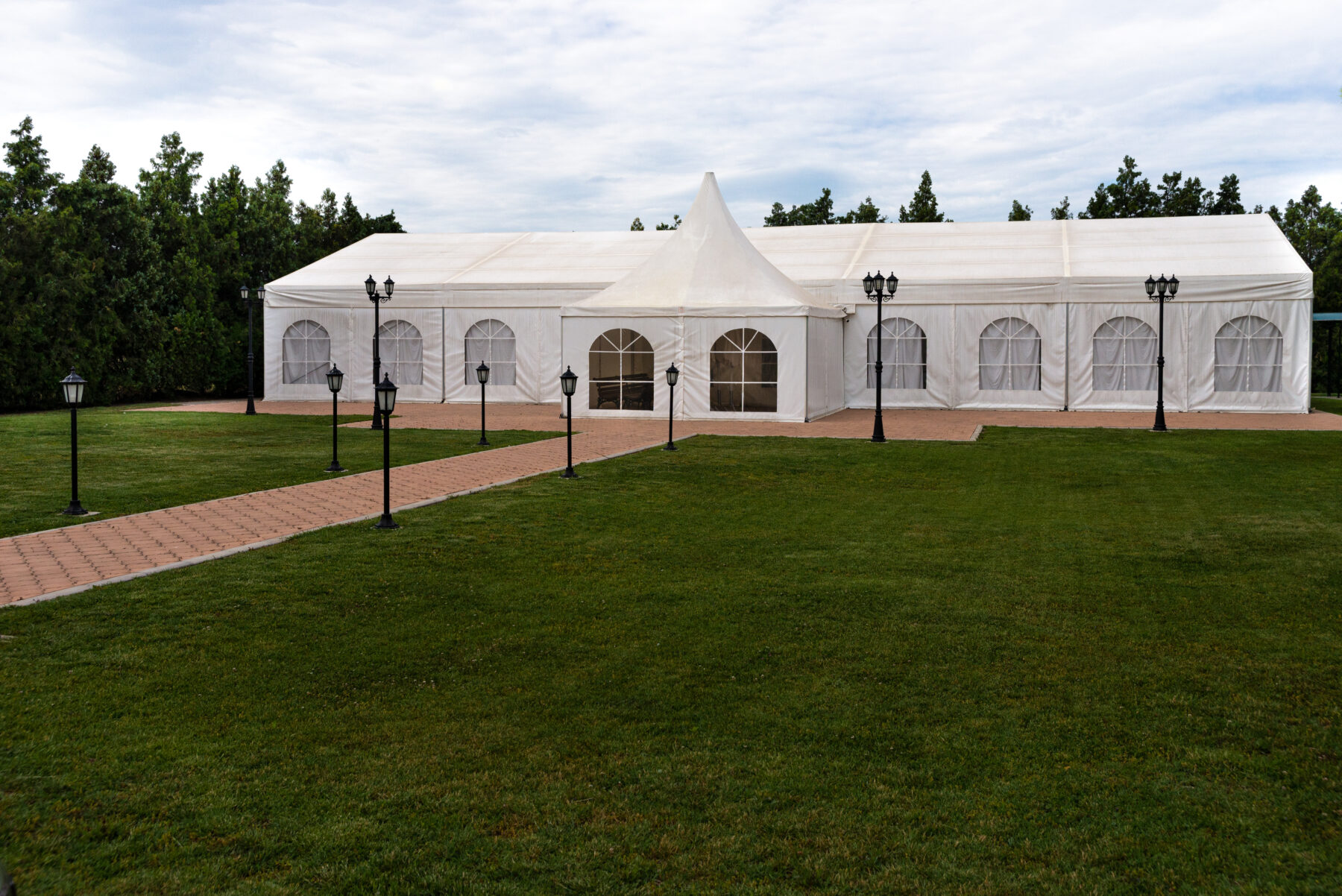What Insurance Should I Have If I’m Renting Equipment This Fall?

As the leaves change and project timelines tighten before winter, fall becomes a busy season for many business owners. Whether you’re managing a landscaping company, running an event planning business, or tackling seasonal construction jobs, chances are you’ll be renting equipment to meet the demand. But before you sign that rental agreement, there’s a crucial question to ask yourself: Am I properly insured to cover this equipment if something goes wrong?
At Hertvik Insurance Group, we often hear from business owners who didn’t realize their insurance had gaps,until they were stuck footing the bill. Here’s what you need to know before you rent that excavator, generator, or tent package this fall.

Understand What Your General Liability Policy Doesn’t Cover
Your general liability insurance is essential, but it’s not designed to cover rented equipment. Many business owners assume their existing policy will cover everything. This is until they damage a rented skid steer or cherry picker and are told otherwise.
Example: A landscaping company rents a wood chipper for a big cleanup job. Midway through the project, the machine breaks down due to operator error. The equipment rental company sends a bill for $6,500 in damages. The business owner files a claim under their general liability policy—only to find that rented equipment isn’t covered.
Solution: Consider adding rented equipment coverage, also known as leased or hired equipment coverage, to your commercial policy. It can fill the gaps and provide peace of mind when borrowing costly tools or machinery.

Consider Inland Marine Coverage for Equipment in Transit
Despite its name, inland marine insurance has nothing to do with boats. It actually protects tools and equipment while they’re in transit, or temporarily off your business premises. If you’re renting equipment and hauling it from the rental center to your job site (or between locations), you’ll want this coverage in place.
Example: A general contractor rents a portable generator and transports it to a remote build site. Overnight, the generator is stolen off the trailer. Because the equipment was in transit and not on a covered premises, traditional commercial property insurance wouldn’t apply.
Solution: Inland marine insurance can help cover rented or owned equipment while it’s on the move. Therefore, protecting you from costly losses due to theft, damage, or accidents during transportation.

Make Sure You’re Listed as an Insured Party—Not Just Responsible
Many equipment rental companies require you to sign a rental agreement that makes you, the renter, fully responsible for the equipment, regardless of fault. If you damage it or if it gets stolen, you pay. But unless you’re listed as an additional insured on the rental company’s policy or have your own coverage, you may be stuck paying out-of-pocket.
Example: An event company rents a commercial tent setup for an outdoor festival. A sudden windstorm causes the tent to collapse, damaging part of the structure. The rental company claims the renter is at fault for not properly securing the tent and demands reimbursement for the damage.
Solution: Review the rental contract closely. If the rental company doesn’t offer you protection under their policy, make sure your insurance steps in. Work with an experienced agent who can ensure you’re protected before signing on the dotted line.
Don’t Let One Rental Ruin Your Season
Renting equipment this fall might be necessary, but going without the right insurance could cost you far more than the rental fee. At Hertvik Insurance Group, we help business owners like you identify coverage gaps and craft policies that truly fit your needs.
Whether renting gear for a week or for the entire season, we’ll help you protect your business, finances, and peace of mind.
Contact Hertvik Insurance Group today to review your commercial insurance and ensure you’re covered before your next rental. One conversation could save you thousands—and a major headache down the road.
Contact us at Hertvik Insurance Group to schedule a coverage review. Let’s make sure this fall is your most productive—and protected—season yet
